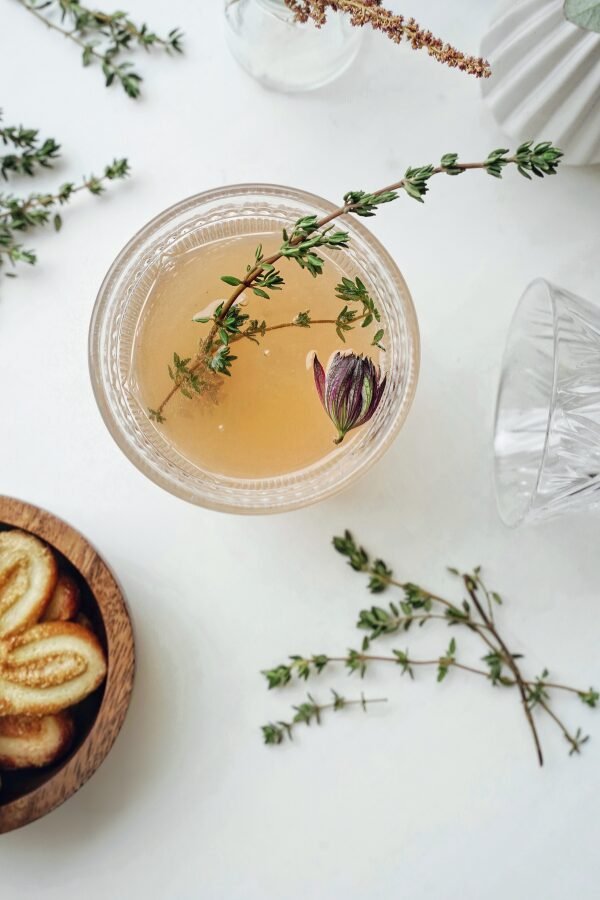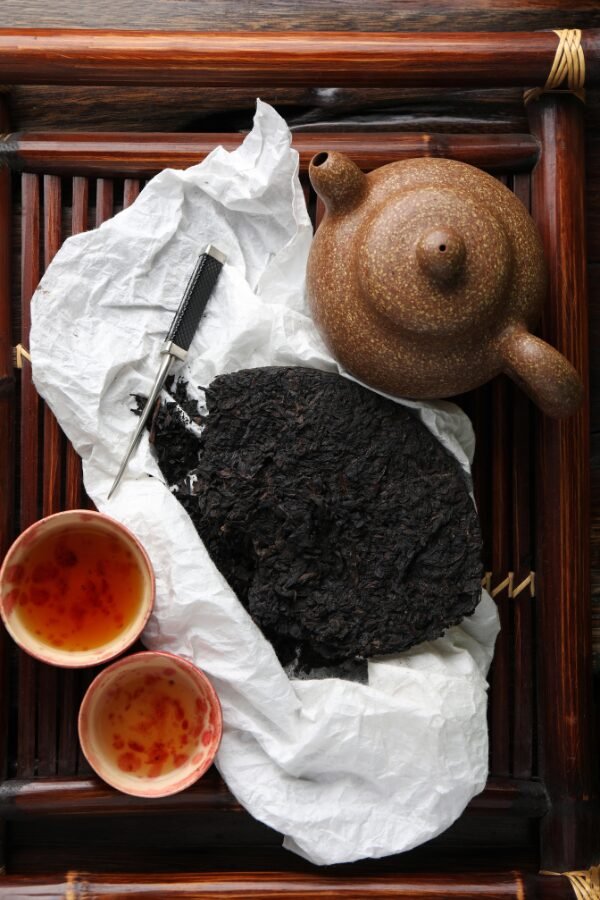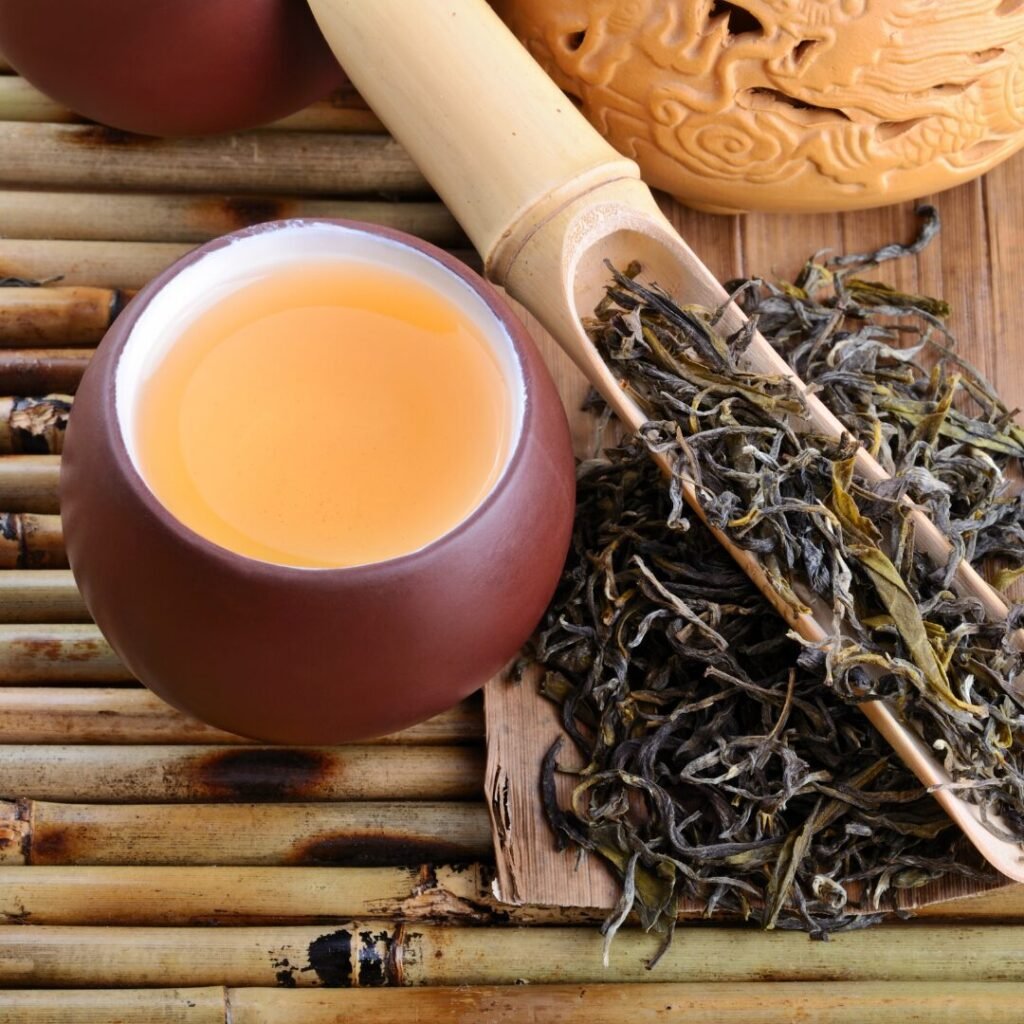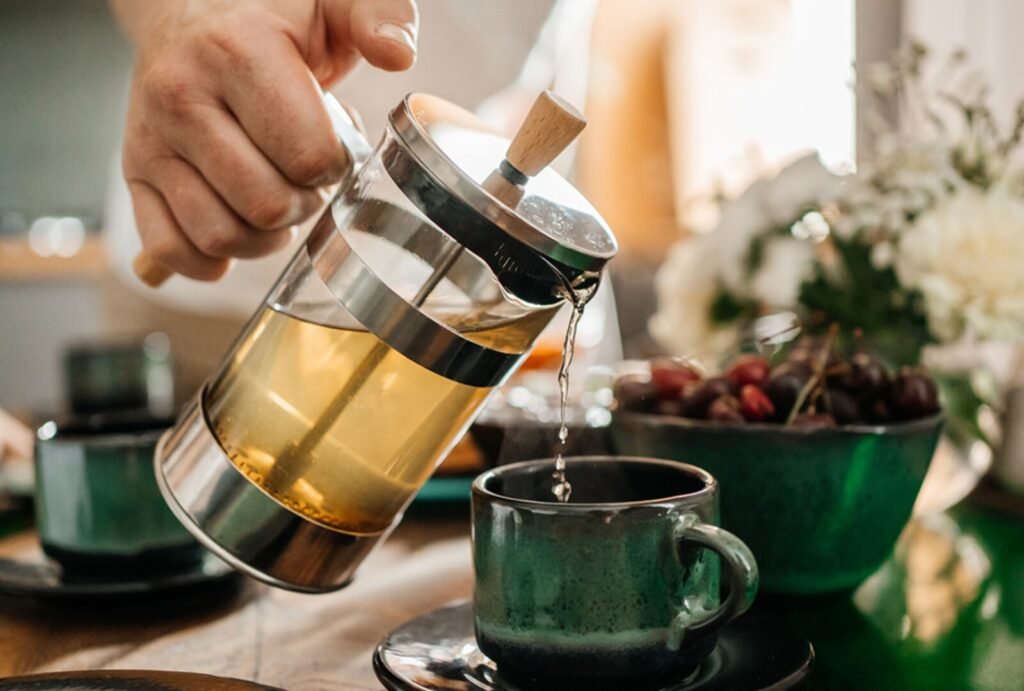Hello, It’s Tea Time Just Sip, Relax, and Repeat: 7 Types of Tea and Its Mindful Benefits
"
Discover the world of tea, from its many varieties to the thoughtful advantages each cup provides.
- Table of Content
- "Chai culture" in India
- Final Thoughts
I can only imagine sitting in a cozy place, holding a warm cup of tea where with every sip of tea there is a symphony of calmness and peace that comes with it. It’s tea, and tea is more than simply a drink.
It’s not just a hot beverage and it’s a secret to the emotional wellness of many in India. To some it is the reason for obesity, but chai is chai, unarguably a welcome drink from many to the ultimate gateway to peace for some.
So next time, when you have a chai/ Tea remember It’s your self-care therapy, a mindfulness trip, and a way to savor flavors.
"Chai culture" in India
India’s famous “chai culture” is centered around the popular tea, chai, which is spiced and milk-infused. It’s a social ritual rather than just a regular beverage.
Drinking tea together is a daily ritual in India that unites people, whether it’s the intricate masala chai prepared at home or the cutting chai at a stall.
But Have you ever questioned what type of health benefits they provide for your well-being because 72% of the population in India consume tea every day that is 3 cups of tea in a day.
Tea Therapy: Ultimate Health Benefits of Different Teas in India
Discovering each mindful benefit that a cup of tea brings.
1. Black Tea For Energy
Robust and flavorful, black tea is an essential in many cultures worldwide. The oxidation process that occurs during manufacture gives it a rich flavour.
Theaflavins, found in black tea, have been related to increased focus and concentration.
Black tea regularly may lower your risk for these conditions
- Diabetes
- High cholesterol
- Kidney stones
- Osteoporosis
- Cavities (Dental caries)
Having a cup of black tea first thing in the morning can help you set intentions for the day. Its modest caffeine level gives a little energy boost, making it ideal for people looking for a refreshing but mindful start.
2. Green Tea To Embrace Serenity
Asian societies have long treasured green tea for its subtle flavour and vivid green hue.
Antioxidants in this tea, especially catechins, are abundant and support general health.
Involves lowering specific inflammation signs, which may reduce the chance of cognitive impairment. It might even possess some qualities that aid in preventing heart disease and cancer.
Green tea provides a relaxing focus without the jitteriness of coffee thanks to its mild caffeine content. Daily, one to three cups of green tea may benefit your health.
3. White Tea To Savour Simplicity
White tea has the mildest flavor of all the teas and is the least processed. White tea contains polyphenols that have been shown to relax blood vessels, strengthen immunity, and stop bad cholesterol from oxidizing.
Making a cup of white tea is an easy one that encourages us to take our time and enjoy the moment.
For its low caffeine level, it’s an excellent option for a calm and contemplative afternoon break.



4. Oolong Tea For Balance
A classic Chinese tea is oolong tea. Although the plant used to make black and green teas is the same, this blend treats the leaves differently. Oxidation is the term for this process of creating tea.
The tea’s color, flavor, and, to some extent, nutritional value are all influenced by how long a tea maker lets the leaves oxidize. Tea leaves ferment when exposed to air.
According to researchers, oolong tea has more potent antioxidants than green or black varieties.
It lowers the risk of heart health, reduces the risk of diabetes, stimulates fat burning, and helps improve brain activities.
5. Matcha Cultivates Presence
Green tea powder, known as matcha has become increasingly well-liked due to its vivid hue and powerful health properties.
In addition to having more caffeine and antioxidants than regular green tea, matcha retains the nutrients in the whole tea leaf.
It has been shown that matcha enhances memory, focus, and reaction time. L-theanine and caffeine are also present, which can improve several elements of brain function.
There may be those people who could be better matcha drinkers. To reap the most excellent benefits, choose organic matcha and consume 1-2 cups daily.
6. Pu-erh Tea
Pu-erh tea, also known as pu’er tea, is a unique fermented tea historically produced in China’s Yunnan Province. It is manufactured from the leaves of a local species called the “wild old tree.”
Pu-erh tea is unique because the leaves are fermented instead of the brewed tea, despite other fermented tea varieties such as kombucha.
It is highly valued for its possible health advantages, which include lowering cholesterol and promoting better digestion.
Sips of pu-erh can serve as a contemplative time, a gentle reminder of the importance of patience and rejuvenation.
7. Herbal Teas For Nurturing Souls
Herbal teas, commonly known as tisanes, are pretty similar to white teas; however, in addition to tea leaves, they can contain a mixture of fruits, herbs, spices, and other plants.
Since herbal teas don’t contain caffeine, their relaxing effects are well-known.
Herbal teas come in a wide variety, each with unique advantages.
- Chamomile tea: Reduces muscle spasms and menstruation pain with chamomile tea.
- Rooibos: ncreases healthy cholesterol, circulation, and blood pressure.
- Peppermint: Contains Menthol, which helps treat motion sickness, irritable bowel syndrome, constipation, and upset stomachs.
- Ginger can cure chronic dyspepsia, ease joint pain, and combat morning sickness.
- Hibiscus: May prevent kidney stones from forming, lower blood pressure and lipid levels, enhance liver health generally, and stifle cravings for harmful sweets.
Herbal teas can be a soothing ritual of mindfulness, whether sipped in the morning to slowly awaken the senses or in the evening as a preparation for peaceful sleep.
Final Thoughts
Every sip of tea may be an invitation to be present, to relish the moment, and to nourish body and soul—whether you choose the delicate simplicity of white tea or the robust, refreshing flavor of black tea.
Thus, the next time you make a cup of tea, pause to enjoy the attentive experience it provides as well as the flavor.
“Drink your tea slowly and reverently, as if it is the axis on which the world earth revolves.” – Hung Nhat Hanh
Subscribe to new post
The One Liner
Useful Links
Order Related Queries
Useful Links
Order Related Queries




